MS-LS1-3
Use argument supported by evidence for how the body is a system of interacting subsystems composed of groups of cells.
-
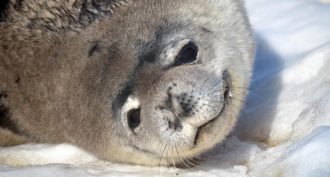 Animals
AnimalsResilient hearts for deep-sea divers
How do aquatic mammals have enough energy to hunt prey while steeply dropping their heart rate to stay underwater? A new study of dolphins and seals provides clues.
-
 Agriculture
AgricultureLivestock: A need to save rare breeds
New studies and ongoing work highlight why society should save rare livestock breeds — and the part that technology can play.
-
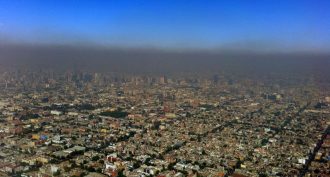 Environment
EnvironmentNano air pollutants strike a blow to the brain
Most people think that air pollution poses the biggest risk to our lungs. In fact, pollution hits the brain too, sometimes by traveling a direct route — through our noses. These tiny pollutants can harm IQ and more.
-
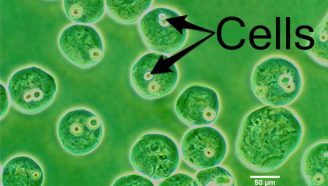 Tech
TechFashioning inks to ‘print’ tissues
3-D printing may one day create life-saving tissues and organs for transplants. But first researchers are learning how to tailor cell-filled “inks” for use in inkjet printers.
-
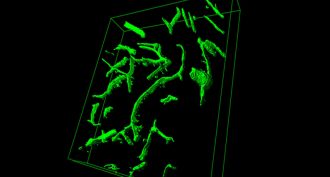 Health & Medicine
Health & MedicineYoung blood: The elixir of youth?
Old mice show improved memory when blood from young mice circulated through their brains, a new study finds. Other studies suggest one ingredient in that young blood might be all it takes to deliver benefits.
-
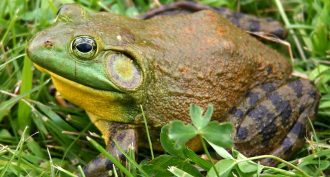 Science & Society
Science & SocietyDissect a frog and keep your hands clean
Dissecting frogs can be a fun and useful way to learn about anatomy. If you don’t have a frog on hand, here are three smartphone apps that allow you have your frog legs and dissect them, too.
-
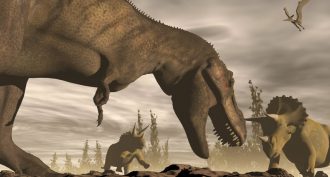 Fossils
FossilsHot-blooded dinos? Try lukewarm
New study finds these reptiles may have had an internal furnace that sort of resembled some sharks. It appeared to run neither hot nor cold.
-
 Genetics
GeneticsOwww! The science of pain
No one likes pain, but it keeps us alive. That’s why scientists want to learn how best to coexist with this complicated and still somewhat mysterious sensation.
By Kirsten Weir -
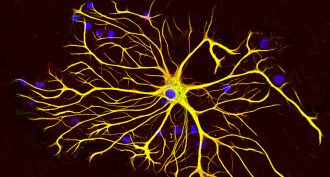 Brain
BrainHunger’s little helpers
Astrocytes were thought to be nothing more than support cells for neighboring nerve cells. A new study suggests they do much more. These brain cells may help control appetite, too.
-
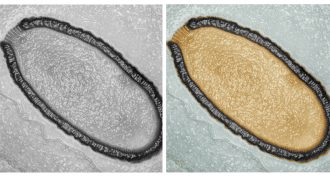 Microbes
MicrobesReturn of the giant zombie virus
Scientists have discovered a new type of virus in Siberian soils. It's the largest virus ever discovered. And guess what: It could infect cells even after 30,000 years in cold storage.
-
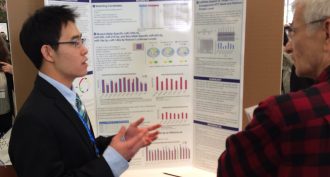 Health & Medicine
Health & MedicineTeen uncovers new weapons to stop Huntington’s disease
David Seong, an Intel Science Talent Search finalist, is studying how tiny pieces of genetic material might be used to lock up a dangerous protein in Huntington’s disease.
-
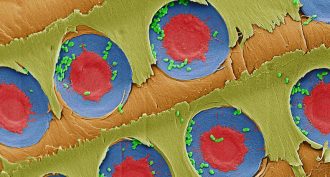 Tech
TechBranching out for safer water
Clean drinking water could be only a tree branch away, a new study finds.
By Beth Geiger